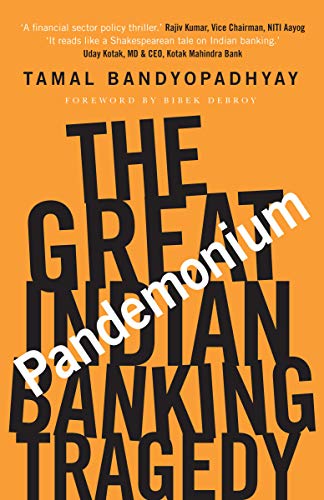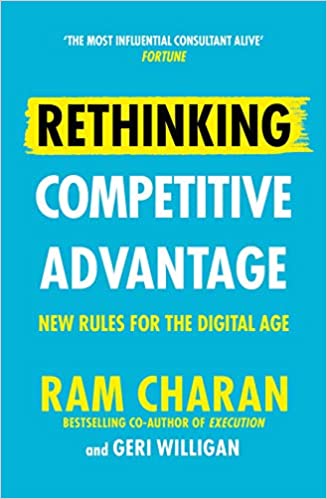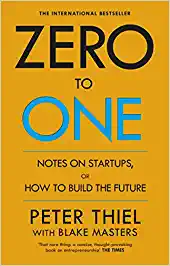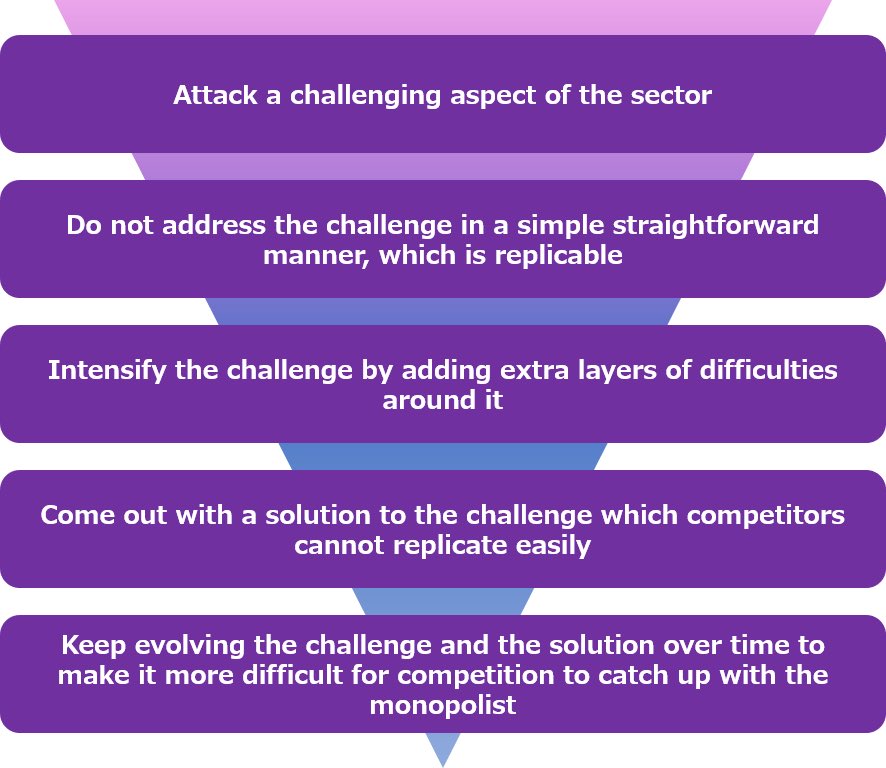
Tamal Bandyopadhyay’s ‘Pandemonium: The Great Indian Banking Tragedy’ is our Marcellus Book of the Month. The book discusses the recent evolution of Indian banking, esp misses in governance & regulatory frameworks & what issues eventually led to a ‘tragedy’
(1/11)
#MarcellusBOTM
(1/11)
#MarcellusBOTM

The book beautifully captures complex issues in Indian banking, like the Asset Quality Review (AQR), inherent problems with PSBs, serious fraud cases, etc. The book weaves through insights from the viewpoint of the regulator, bankers, economists & industry veterans
(2/11)
(2/11)
Part I takes us through the hard AQR (a global first) pill the sector had to swallow, followed by the IL&FS saga and the core problem of borrowing short & lending long (which unsurprisingly isn't an India specific problem), resulting in the eventual demise of DHFL
(3/11)
(3/11)
Part II takes us through the fundamental problem with PSBs – which runs far and beyond just the ownership. Steps such as the ‘Gyan Sangam’ and the ‘Indradhranush Plan’ were launched to improve governance of the PSBs. But those did little to improve governance standards.
(4/11)
(4/11)
The fundamental problems of public sector banks, including poor pay brackets for senior bankers, long waiting period for the top job’s replacement, and social banking mindset continue to weigh on the market share loss for PSBs
(5/11)
(5/11)
Part III talks about the rising frauds in the system – up from Rs195bn in FY15 to Rs1.9tn in FY20. An interesting case is of a deputy manager in a PSB creating a US$1.77bn hole in the balance sheet! The book takes us through multi-layered failures in the bank’s processes
(6/11)
(6/11)
However, the book notes that frauds were not limited to PSBs. A large private bank which used a junk bond approach and misused the business model eventually resulted in correcting of excesses as the cycle turned.
(7/11)
(7/11)
Part IV presents a 360-degree view of 4 former RBI governors. 1) Raghuram Rajan, who tackled the NPA crisis by speeding up the process of recognizing bad loans and focus on governance. (2) D. Subbarao, who suggested denationalization of PSBs…
(8/11)
(8/11)
…(3) YV Reddy questions the objective of private ownership in PSBs – the objectives of the majority and minority shareholders in a PSB are very different and 4) C. Rangarajan believes closing of DFIs was premature and wants them to return in some fashion
(9/11)
(9/11)
Part V covers 1) the IBC – banks ended up with ~58% recovery on bad assets from the first 12 NPAs that went to IBC 2) The autonomy of RBI – Section 7 of the RBI Act allows the govt to ‘direct’ RBI to do certain things – however, the govt has never wielded this weapon
(10/11)
(10/11)
A key closing argument the author makes is that the regulator could have encouraged competition, allowing more banks & risk capital as there are still millions who rely on informal channels of borrowing.
Buy ‘Pandemonium’ at a bookstore near you today!
(11/11)
#MarcellusBOTM
Buy ‘Pandemonium’ at a bookstore near you today!
(11/11)
#MarcellusBOTM
• • •
Missing some Tweet in this thread? You can try to
force a refresh







